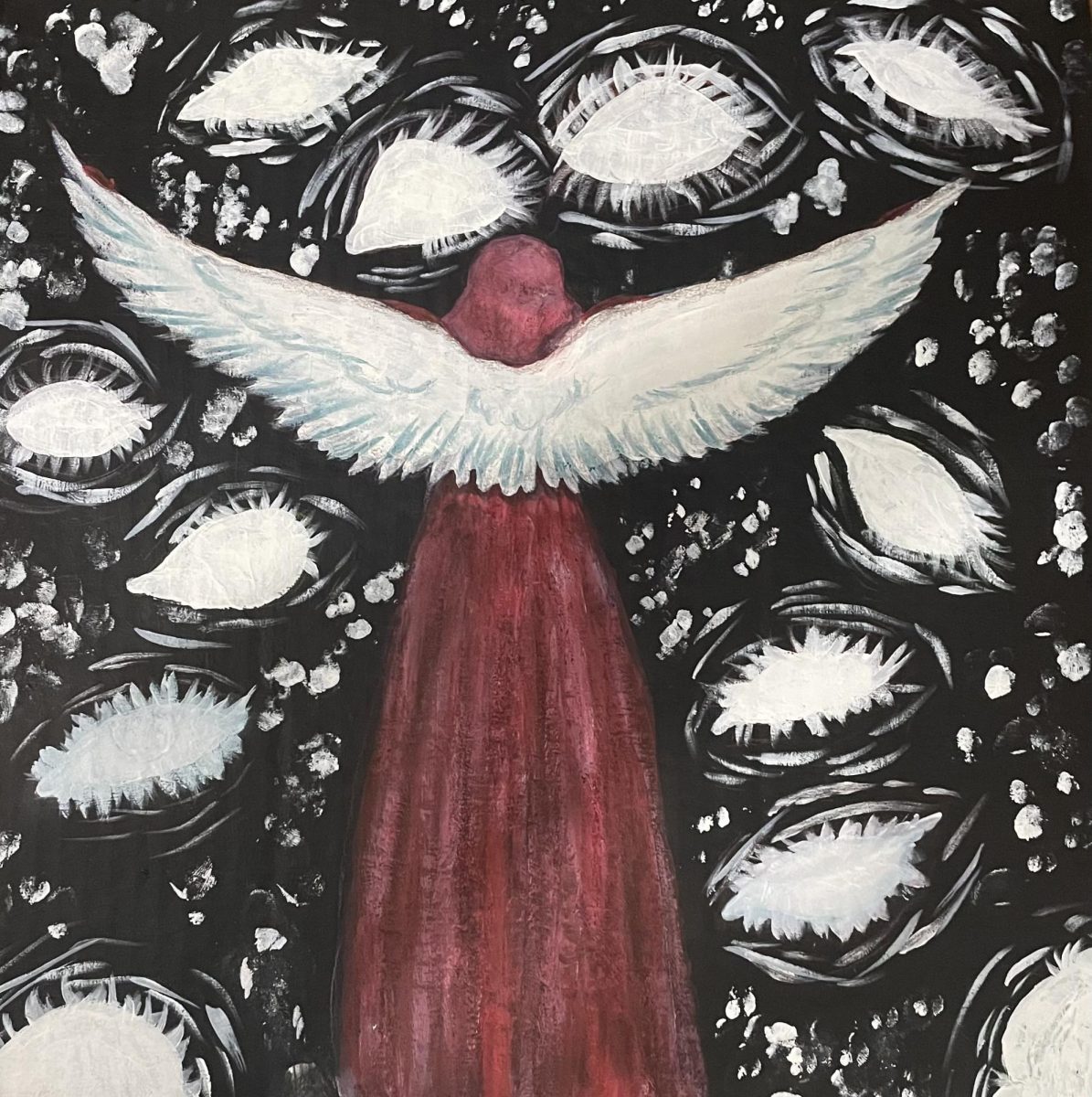As of late, the literary term “dystopian” has been used to describe the way society is progressing and the dismal future that many prophesize. By the Merriam-Webster Dictionary definition, a dystopia is “an imagined world or society in which people lead wretched, dehumanized, fearful lives.” In essence, the term describes an imaginary reality and characterizes a genre of literature and media that encompasses everything from 1984 to The Hunger Games. However, the word dystopia was first used by English philosopher John Stuart Mill to denounce late 19th-century Irish land policy, a very real issue based in reality, not fiction. This begs the question: can the word be used once again to describe the state of the modern world?
It is possible that “dystopian” is too strong a word to characterize the issues humanity faces. Civilians are not fighting to the death in the streets, and the world does not appear to be on the brink of collapse, as one would imagine in a dystopian society. However, one can easily draw parallels between the overindulgent nature of mankind in Brave New World to the consumerist culture of the United States. Some may even argue that the overturning of Roe v. Wade teeters very close to the subjugation of women in The Handmaid’s Tale. While it is important to draw a line between exaggeration and reality, these comparisons may evoke the feeling that dystopian literature is not entirely fictitious but is becoming the modern way of life.
One of the defining characteristics of a dystopian society is a populace that is desensitized to the warped, inhuman version of the world around them. Civilians live their lives complacent with the daily abuses, indulgences, and other issues present in their society without ever realizing that something is wrong. In the present day, one could argue that the strong presence of social media in today’s youth, as well as the incessant bombardment of pessimistic news–the climate crisis, wars breaking out around the world, etc.–is creating a generation that will not even bat an eye at injustice or a loss of privacy. They are in a sense “desensitized” to war and death, to the idea that every aspect of life does not how to be publicized on the internet, and could be seen as unconcerned with the oppression of their reality, similar to the characters in Fahrenheit 451 that do care that their books are banned or that they have no sense of free thought.
Some may even say that, though today’s society is not dystopian, future generations may reach that dismal reality as the world progresses. With the advent of ChatGPT, there comes the fear that the youth will never learn to write properly and will not value originality because a machine could write their essays in thirty seconds, instead of the hours it may take by hand. Furthermore, the presence of technology in children’s lives may represent an end to child-to-child interaction, a lack of social awareness, and an inability for the youth to entertain themselves without a screen in front of their faces. However, these notions are all incredibly speculative, and one must remember that the way society’s progression is viewed depends on perspective. The older one gets, the easier it is to claim that the world was better when they were younger when in reality, the technology they grow up with is the only thing today’s generation will ever know. One cannot pretend to love a time when there was no television, when computers were but a distant dream, when they were never there to experience it.
Powerful despots, such as President Snow of The Hunger Games or the Chief Elder of The Giver, are instrumental to the construction of certain dystopian societies. Comparisons can be drawn between these fictitious individuals and the dictators of history who incited wars, inflicted genocides, and committed other unspeakable horrors all through their corrupted rhetoric and immoral actions. While these figures of oppression are not at the moment a cause for concern in today’s age, it is necessary to recognize the characteristics of a villain and to remember how easily dystopian politics can be compared to the main actors in the darkest corners of history.
With the plethora of dialogue around whether or not today’s society is dystopian–or if it will become so in the future–one may see little hope on the horizon to change the trajectory of the world. Yet, there are ways that one can combat this feeling of inaction and isolation. Voting is one of the most direct ways to create a voice in local, state, and national politics that sets the stage for future actions that could better the country, and the world. Moreover, being able to recognize what makes a dystopian society could help one realize the faults in their life and distance themselves from whatever those may be.
In the end, with the correct mix of awareness and action, the world is unlikely to collapse into the desolation of a dystopian world, despite what popular rhetoric may invoke. A dystopian society is an avoidable reality, and each new generation brings a new desire to fix the past, to bring hope to the future, and to prevent this earth from falling into ruin.



